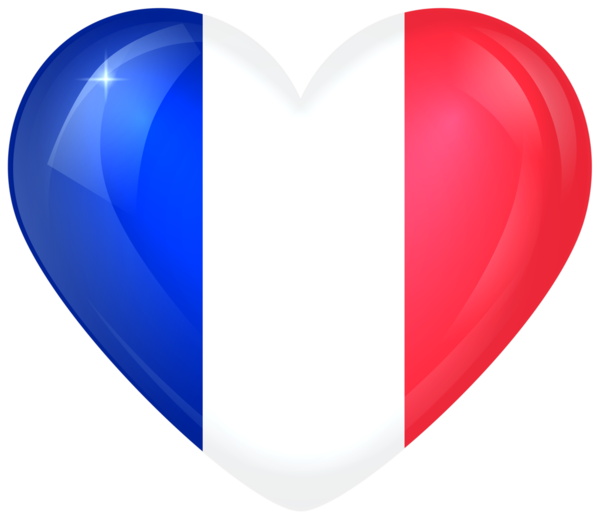
Learning French Personal Items vocabulary
October 30, 2024Learning French Health Vocabulary
Bonjour! Interested in learning French? Perfect, you’ve come to the right place! In this guide, we will delve into basic health and body vocabulary in French, designed specifically for beginners. Whether you’re travelling to a French-speaking country, or interested in expanding your linguistic scope, knowing how to navigate through health and body-related conversations can be quite handy! Don’t worry if you’re an absolute beginner; we’ll take it nice and slow, ensuring you grasp each concept thoroughly.
Health Vocabulary in French
Initially, let’s start with some fundamental health-related vocabulary. Below is a list of important words you should be familiar with:
- Santé – Health
- Malade – Sick
- Médecin – Doctor
- Hôpital – Hospital
- Pharmacie – Pharmacy
- Médicament – Medicine
- Douleur – Pain
For instance, to tell someone you are feeling sick, you would say, “Je suis malade.”
Also, if you want to say, “I need a doctor,” you would say, “J’ai besoin d’un médecin.”
Basic Body Vocabulary in French
After mastering the basic health vocabulary, let’s move on to learn some body parts in French. For reference:
- Tête – Head
- Visage – Face
- Oeil (Yeux for plural) – Eye(s)
- Nez – Nose
- Bouche – Mouth
- Main – Hand
- Pied – Foot
For instance, to express that your head hurts, you could say, “Ma tête fait mal.”
Grammar for Referring to Body Parts
When it comes to referring to body parts in French, one might encounter a few grammar quirks. Unlike in English, where we use possessives like ‘my, your, his, her’ before body parts, French typically uses definite articles, almost as if you’re talking about ‘the’ foot, not ‘my’ foot.
For instance, instead of saying “J’ai cassé mon bras” (I broke my arm), a more common usage would be “Je me suis cassé le bras” – translating literally to ‘I broke the arm’.
This particular use of the definite article is common when using reflexive verbs, as in the example above.
Reflexive Verbs
French often uses reflexive verbs when dealing with health and body-related terms. Reflexive verbs refer to actions done to oneself.
E.g., “Je me brosse les dents” – I brush my teeth. In these cases, “me” is a reflexive pronoun, and “brosse” is a reflexive verb.
Reflexive pronoun forms are as below:
- je – me
- tu – te
- il/elle/on – se
- nous – nous
- vous – vous
- ils/elles – se
Tips to remember
Just as in English, speaking about health and the body involves knowing the right terms, but also understanding the particular ways these terms are used – this is where the grammar comes in.
Tip: Pay close attention to the context. The French language heavily depends on context.
In conclusion, start small by learning the basic vocabulary, practice pronunciation, understand the grammar rules, and then gradually build your vocabulary. Remember, it’s not a race, take your time, and enjoy the learning journey!
So, that wraps up our French lesson for today! Remember the secret to learning a new language lies within consistent practice.
Au revoir et bonne santé! (Goodbye and good health!)
Learn French Animal Vocabulary and Grammar Rules

